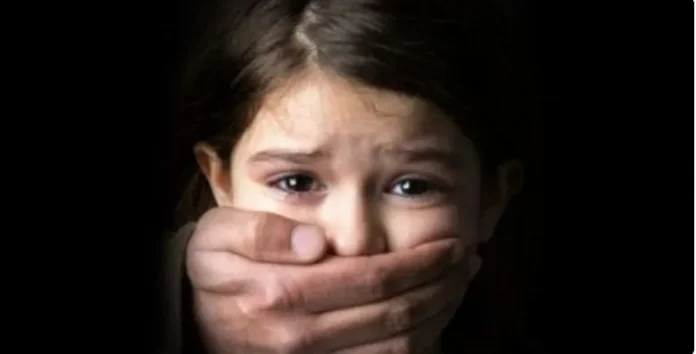By Dr KI Pavan Kumar
The recent sexual abuse incident involving two minor girls at a school in Badlapur, Thane district, by a cleaning staffer on August 12-13, is a stark reminder of the pervasive threat of child sexual abuse in India. Such heinous acts not only violate the physical and emotional well-being of children, but also shatter their innocence and leave lasting psychological scars.
To effectively mitigate sexual crimes against girls, it is imperative to strengthen the legal framework and ensure its rigorous enforcement. While India has made significant strides in recent years with the enactment of the Protection of Children from Sexual Offences (POCSO) Act, 2012, more needs to be done. The POCSO Act, while a crucial step, can be further strengthened to provide more comprehensive protection to child victims. Some key areas for improvement include:
- Enhanced penalties: The penalties for sexual offenses against children should be severe, serving as a strong deterrent to potential offenders. This could include harsher punishments, such as life imprisonment or even the death penalty in cases of heinous crimes.
- Faster trials: The justice system should expedite the process of investigating and prosecuting cases of child sexual abuse. Delays can cause immense trauma to victims and their families, and may also allow offenders to evade justice.
- Specialized courts: Establishing dedicated fast-track courts to handle cases of child sexual abuse can help ensure that victims receive timely justice. These courts should be staffed with trained professionals who understand the unique needs and vulnerabilities of child victims.
- Mandatory reporting: All institutions, including schools, hospitals and community centres should be mandated to report any suspected cases of child sexual abuse to the authorities. This would help identify and address cases that might otherwise go unnoticed.
- Comprehensive sex education: Implementing comprehensive sex education programmes in schools can empower children with knowledge and awareness about their bodies, boundaries and consent. This can help them recognize and report instances of abuse.
- Safety measures in schools: Schools play a vital role in protecting children from sexual abuse. Implementing robust safety measures can create a safer environment for students.
- Background checks: All school staff, including teachers, non-teaching staff and security personnel should undergo thorough background checks to identify any potential risks.
- Child protection policies: Schools should have clear child protection policies in place that outline procedures for reporting and handling cases of abuse. These policies should be regularly reviewed and updated.
- Staff training: All school staff should receive regular training on child protection, including how to recognize signs of abuse, respond to disclosures, and report incidents.
- Safe spaces: Schools should designate safe spaces where children can feel comfortable reporting any incidents of abuse or harassment.
- CCTV surveillance: Installing CCTV cameras at strategic locations throughout the school can act as a deterrent and provide evidence in case of any incidents.
- Counselling services: Schools should have access to qualified counsellors who can provide support and guidance to students who have experienced abuse or trauma.
- Awareness campaigns: Public awareness campaigns should be conducted to educate the community about the prevalence of child sexual abuse and the importance of prevention.
- Breaking the silence: Encouraging victims to come forward and report abuse without fear of stigma or retaliation is vital.
- Community involvement: Communities should actively participate in child protection efforts, such as organizing watch groups and supporting local initiatives.
In addition to legal and institutional measures, societal change is also essential in preventing child sexual abuse. Promoting awareness, challenging harmful stereotypes, and fostering a culture of respect for children are crucial steps. It is a collective responsibility to create a safe and nurturing environment for children to grow and thrive.
—The writer is principal, KL College of Law (deemed to be university)


